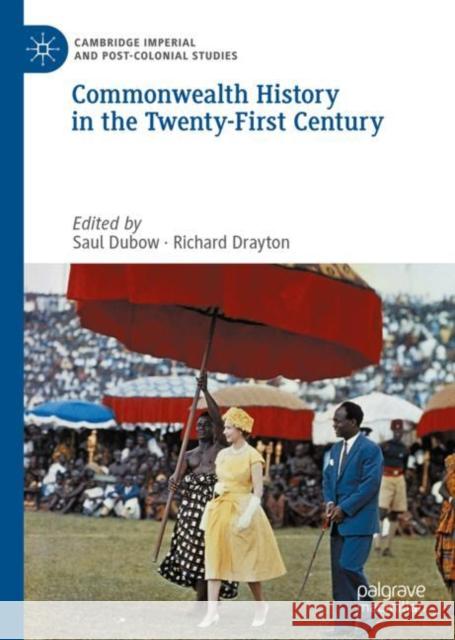Commonwealth History in the Twenty-First Century » książka
topmenu
Commonwealth History in the Twenty-First Century
ISBN-13: 9783030417871 / Angielski / Twarda / 2020 / 345 str.
Commonwealth History in the Twenty-First Century
ISBN-13: 9783030417871 / Angielski / Twarda / 2020 / 345 str.
cena 563,56
(netto: 536,72 VAT: 5%)
Najniższa cena z 30 dni: 539,74
(netto: 536,72 VAT: 5%)
Najniższa cena z 30 dni: 539,74
Termin realizacji zamówienia:
ok. 22 dni roboczych.
ok. 22 dni roboczych.
Darmowa dostawa!
Kategorie BISAC:
Wydawca:
Palgrave MacMillan
Seria wydawnicza:
Język:
Angielski
ISBN-13:
9783030417871
Rok wydania:
2020
Wydanie:
2020
Numer serii:
000304516
Ilość stron:
345
Waga:
0.54 kg
Wymiary:
21.59 x 19.56 x 2.29
Oprawa:
Twarda
Wolumenów:
01











